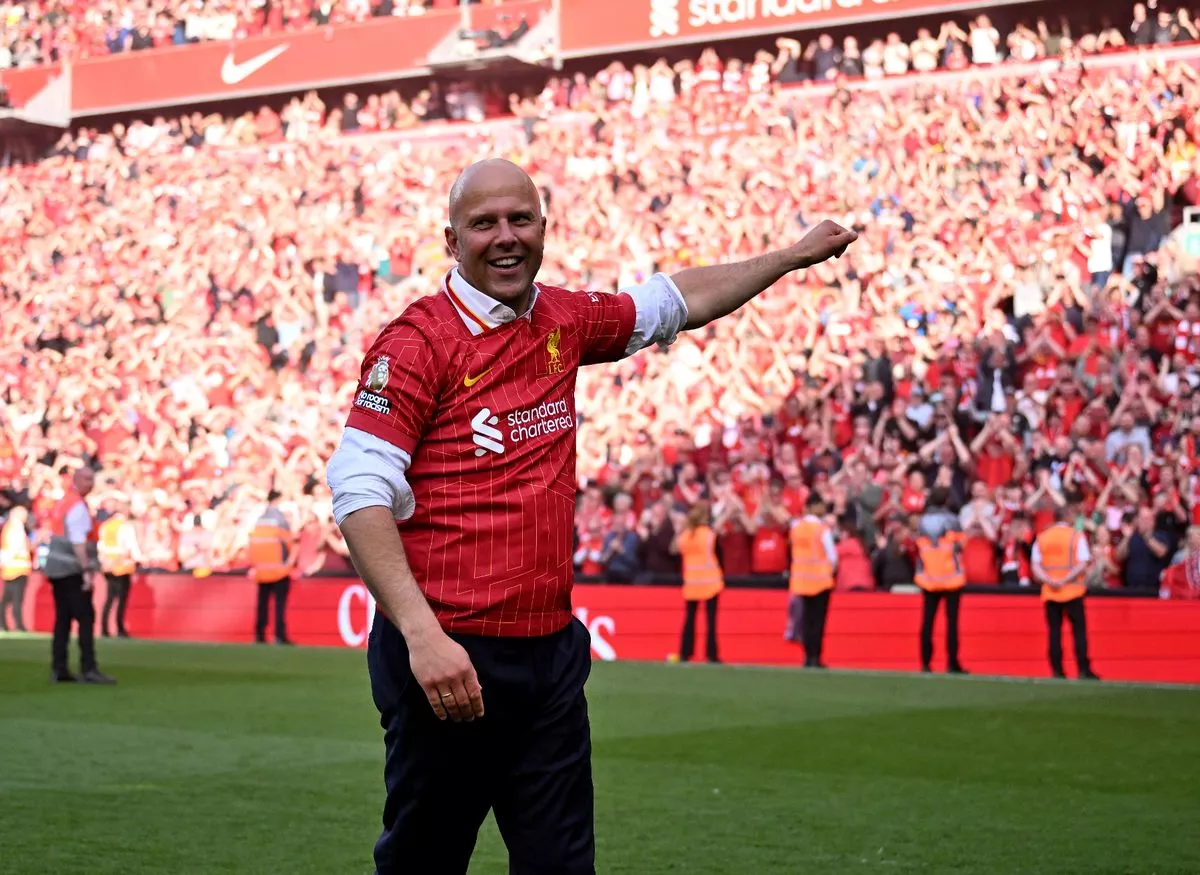In his first campaign at Anfield, Slot guided Liverpool to their 20th English championship by instilling a dynamic possession style and rigorous standards.
During the summer tour in Philadelphia, the incoming manager reached out personally to every member of the first team. He used a series of WhatsApp messages and phone calls to introduce his ideas and meet everyone virtually. Slot took charge after Jurgen Klopp’s exit, promising fresh energy without disrupting the club’s winning ethos. He fielded direct questions about his coaching methods and invited open dialogue. Even players unwinding after international duty found themselves excited to engage and make an early positive impression.
From the first training session, Slot broke with Liverpool’s routines by incorporating rugby pads into ball drills. The aim was simple: sharpen passing accuracy under duress and promote quick decision-making. He famously urged his squad to ‘kill them with passes’, embedding a possession-first mantra. These eye-catching sessions signalled a shift towards higher intensity and refined control in tight spaces.
Slot openly described his style as more ‘orchestral’ compared to the heavy metal approach of the previous era. He deliberately kept media duties to a minimum during the tour, insisting his focus lay squarely on football development. That disciplined approach allowed him to fine-tune tactical patterns and oversee fluid positional rotations without distraction. It laid a clear blueprint for the season ahead.
In the transfer window, Liverpool pursued Martin Zubimendi before he opted to remain at Real Sociedad. With their primary target unavailable, the club pivoted to secure winger Federico Chiesa on loan. Slot and his recruitment team opted for quality over quantity, resisting the urge to overhaul an already capable squad. Executives Richard Hughes and Michael Edwards endorsed this measured strategy.
Midfield reinforcements came via conversation with Ryan Gravenberch, whom Slot envisaged as both a No 8 and a deeper No 6 option. The Dutch midfielder excelled at the deeper role, combining ball-winning strength with timely forward passes. His adaptability provided much-needed balance in the engine room. Fans and pundits alike praised his composure in tight midfield battles.
To prevent the energy fade that had hampered Liverpool’s previous campaign, Slot enlisted sports scientist Ruben Peeters from Feyenoord. He also introduced STATSports monitoring for every session. He enforced a strict no-risk policy on fatigue, ensuring players rested at the first sign of overload. This precise approach boosted squad availability and maintained intensity across a congested fixture list.
On matchdays, Slot’s standards remained uncompromising. He substituted Jarell Quansah at half-time against Ipswich Town to send a clear message that effort was non-negotiable. Video analysis became routine, with instant clips dissecting key phases and corrective tactics. Players responded by raising their focus and meeting the demanding benchmarks set by their new coach.
Liverpool stumbled with a shock home defeat to Nottingham Forest early in the campaign. They quickly responded with a morale-boosting win at Old Trafford. That result ignited a club-record 26-game unbeaten streak in Premier League action. It carried them to the summit with games to spare. A narrow loss to Fulham in April ended the run, yet they had already secured the title.
Off the pitch, Slot navigated complex contract talks with Virgil van Dijk, Mohamed Salah and Trent Alexander-Arnold. He ensured negotiations remained focused and never distracted the dressing room. Fans praised his measured media appearances that repeatedly highlighted collective goals over individual limelight. With the 20th English title in the cabinet, Slot’s gaze now turns to conquering Europe’s elite competition.



